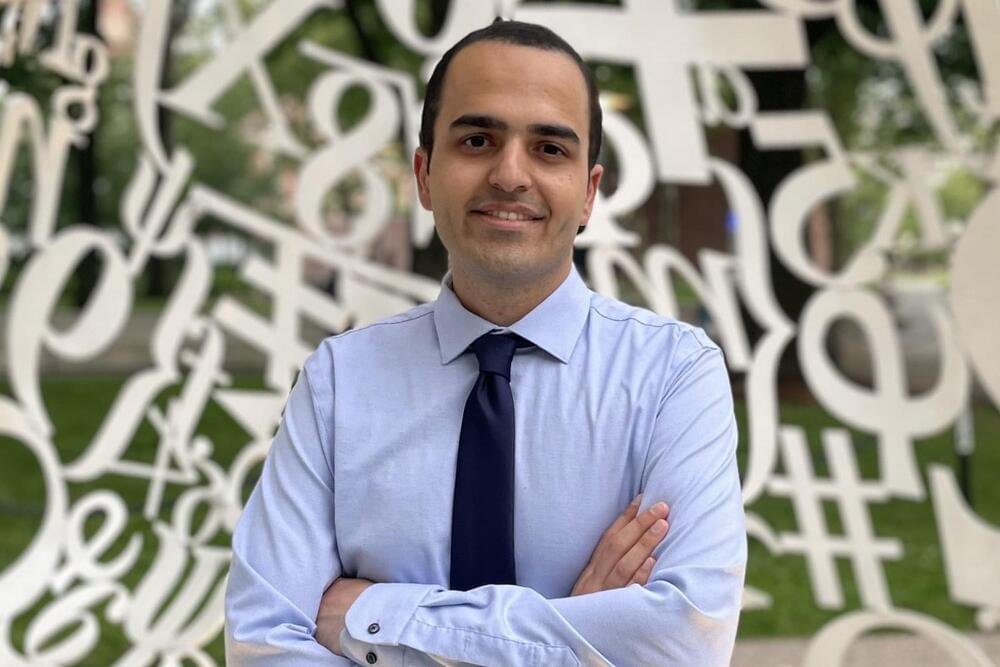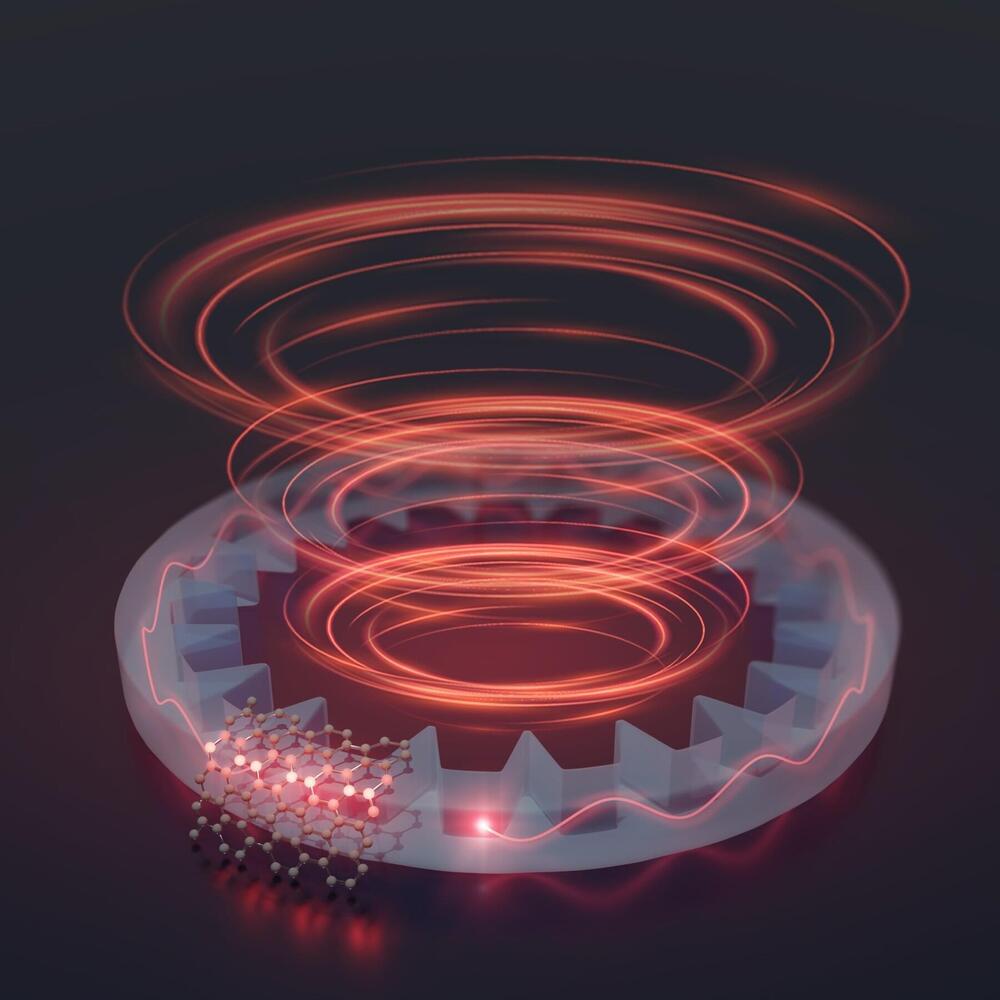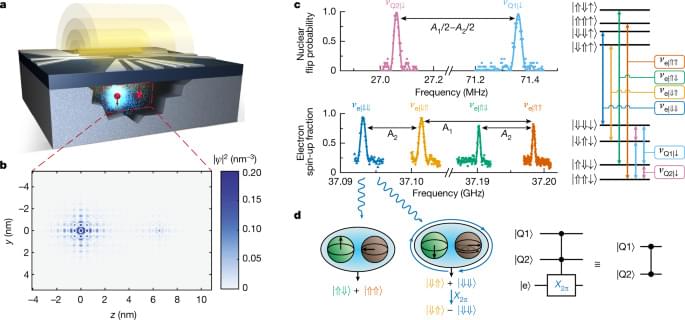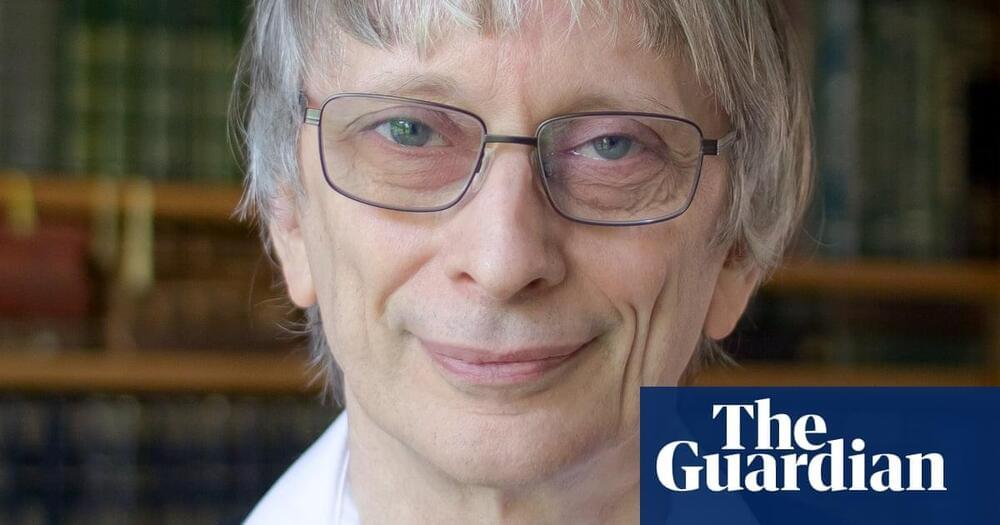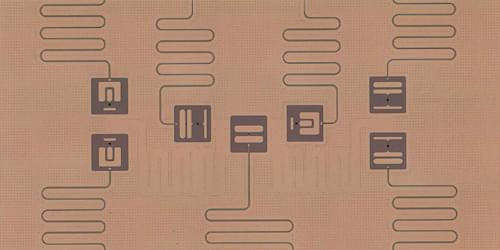When Mohammad Javad Khojasteh arrived at MIT’s Laboratory for Information and Decision Systems (LIDS) in 2020 to begin his postdoc appointment, he was introduced to an entirely new universe. The domain he knew best could be explained by “classical” physics that predicts the behavior of ordinary objects with near-perfect accuracy (think Newton’s three laws of motion). But this new universe was governed by bizarre laws that can produce unpredictable results while operating at scales typically smaller than an atom.
“The rules of quantum mechanics are counterintuitive and seem very strange when you first start to learn them,” Khojasteh says. “But the more you know, the clearer it becomes that the underlying logic is extremely elegant.”
As a member of Professor Moe Win’s lab, called the Wireless Information and Network Sciences Laboratory, or WINS Lab, Khojasteh’s job is to straddle both the classical and quantum realms, in order to improve state-of-the-art communication, sensing, and computational capabilities.
